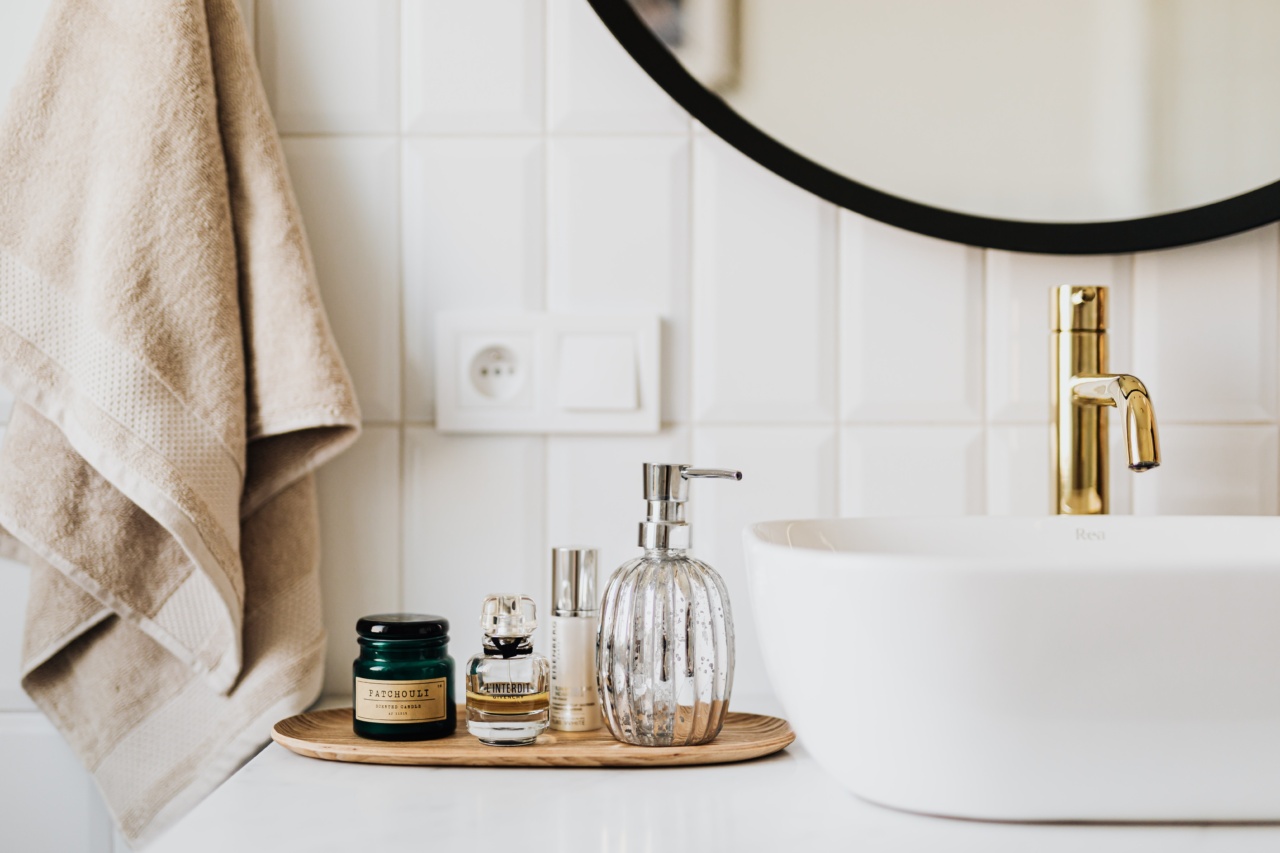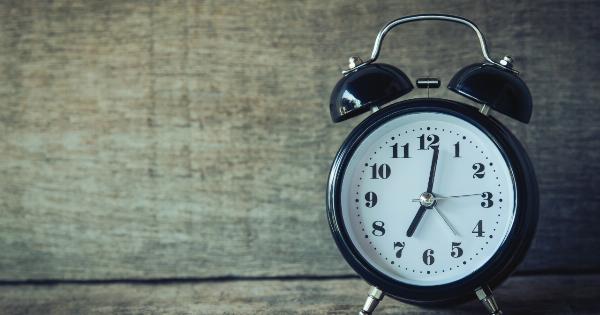In today’s fast-paced and hectic world, incorporating routines into our daily lives has become increasingly important. Routines help us stay organized, focused, and productive, and can have a significant impact on our overall well-being.
However, there is a fine line between beneficial routines and routines that consume us, leaving us enfeebled and drained. In this article, we will explore the concept of incorporating three mandated routines and how they can sometimes have adverse effects on our lives.
The Importance of Routines
Routines serve as a structure for our lives, providing predictability and stability. They help us manage our time, prioritize tasks, and reduce decision fatigue.
By incorporating routines into our daily lives, we can create habits that promote efficiency and productivity. Whether it’s a morning routine to kickstart the day, a fitness routine to stay healthy, or an evening routine to wind down, routines can have profound effects on our mental and physical well-being.
Routine 1: The Morning Routine
One of the most commonly recommended routines is a morning routine. This routine typically includes activities such as waking up early, exercising, meditating, journaling, and having a nutritious breakfast.
The purpose of a morning routine is to set a positive tone for the day, boost energy levels, and enhance productivity. However, adhering strictly to a morning routine can sometimes create unnecessary pressure and stress.
Forcing oneself to wake up at an unreasonably early hour or feeling guilty for skipping a particular activity can become counterproductive and enfeebling.
Routine 2: The Work Routine
The work routine is another mandated routine that many individuals follow. It consists of designated working hours, breaks, and specific tasks to be accomplished. Having a work routine can provide structure and ensure productivity.
However, when this routine becomes too rigid and inflexible, it can lead to burnout and feelings of being trapped. Striving to work excessively long hours or sacrificing personal time and hobbies in favor of work can lead to physical and mental exhaustion, ultimately leaving us enfeebled.
Routine 3: The Evening Routine
Lastly, the evening routine is often regarded as essential for winding down and preparing for a restful night’s sleep.
This routine typically involves activities such as unplugging from digital devices, reading, engaging in relaxation techniques, and getting enough sleep. While a well-established evening routine can promote better sleep and relaxation, it can also become a source of stress and pressure.
Trying to fit in all the recommended activities within a specific timeframe can leave us feeling overwhelmed and depleted, rather than rejuvenated.
Striking a Balance
Although routines can provide structure and stability, it’s crucial to strike a balance between incorporating routines and allowing flexibility in our lives.
It’s essential to recognize that routines are meant to serve us and not the other way around. If a mandated routine starts to feel burdensome and diminishes our overall quality of life, it may be time to reassess and make necessary changes.
Flexibility and Adaptability
Flexibility and adaptability are key skills when it comes to incorporating routines into our lives.
It’s important to understand that routines should align with our individual needs and circumstances, and not be followed rigidly for the sake of conformity. By allowing room for flexibility within our routines, we can adapt to unexpected situations and prevent feelings of being overwhelmed or enfeebled.
Self-Reflection and Modification
Regular self-reflection is crucial when it comes to determining the effectiveness of our routines. We should regularly assess whether a particular routine is still serving its purpose or has become a burden.
If we find ourselves feeling drained or enfeebled by our routines, it may be time to modify or eliminate certain aspects. Being open to change and growth is vital in maintaining a healthy and sustainable routine.
The Role of Mindfulness
Mindfulness plays a significant role in ensuring that our routines remain beneficial and do not leave us feeling enfeebled.
By staying present in the moment and being aware of how our routines affect us physically, mentally, and emotionally, we can make necessary adjustments and prioritize self-care. Regularly checking in with ourselves and evaluating our routines can help us maintain a sense of empowerment and prevent the enfeeblement that can come from mindlessly following mandated routines.
Conclusion
Routines can undoubtedly be powerful tools for productivity and well-being. However, it’s important to remember that routines are meant to serve us and enhance our lives, rather than leaving us enfeebled.
By ensuring flexibility, adaptability, self-reflection, and mindfulness, we can strike a balance that allows us to incorporate routines effectively without feeling overwhelmed or drained.





























